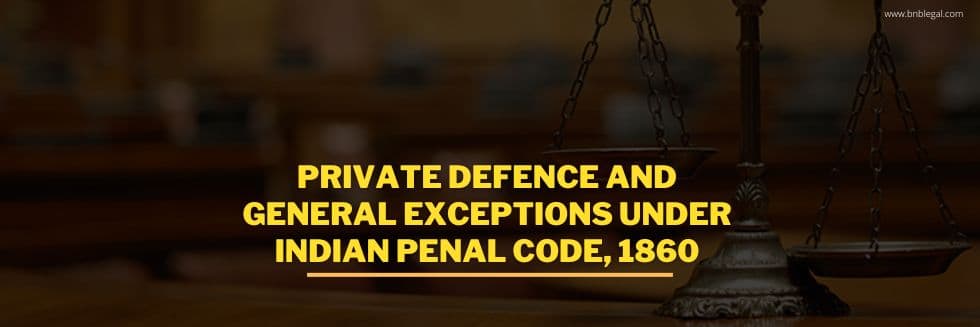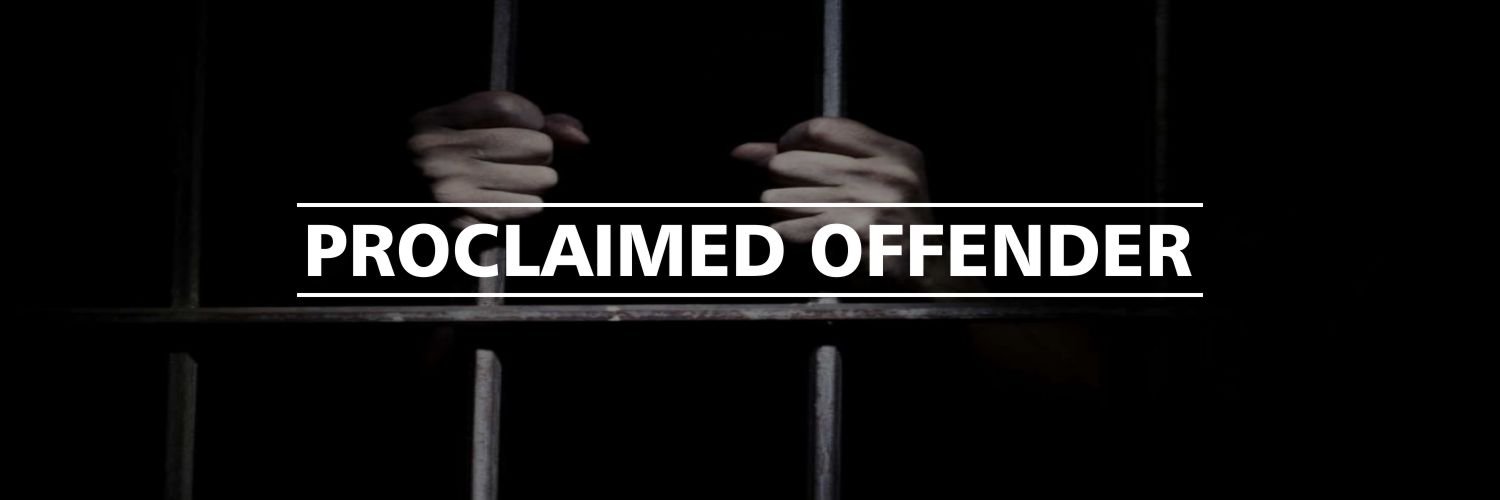Section 415 of Indian Penal Code defines cheating. Section 420 in the Indian Penal Code deals with punishment for Cheating and dishonestly inducing delivery of property. The maximum punishment which can be awarded is imprisonment for a term of 7 years and fine. In this article we aim to look at Cheating under IPC 415 – Ingredients which define it.
Cheating under IPC 415 – Ingredients of the offence:
1) The accused must “deceive” the complainant fraudulently or dishonestly or intentionally.
2) The complainant must have been induced, to:
- a) Deliver any property or allow any person to retain any property; or
- b) Do or omit to do anything which he ought not to have done, if he was not so deceived.
3) The act or omission likely to cause any harm to the complainant in body, mind, reputation or property.
What is meant by deceiving?
- Deceiving is the backbone of the offence. Deceiving means causing to believe what is false or misleading as to a matter of fact. But all deceptions do not amount to cheating.
- Deceptions only with fraudulent and dishonest intentions amounts to cheating.
Let us try to understand cheating with the help of an example:
- A sells B a bat. A, intentionally deceives B into believing that the bat belonged to Sachin Tendulkar and thereby induces him to buy it. A committed the crime of cheating.
- A sells and conveys an estate to B. A, knowing that in consequence of such sale he has no right to the property, sells or mortgages the same to Z, without disclosing the fact of the previous sale and conveyance to B, and receives the purchase or mortgage money from Z. A cheats.
A fraudulent representation can be made directly or indirectly. A willful misrepresentation of a definite fact with intent to defraud constitutes an offence of cheating. It is not sufficient to prove that a false representation had been made but it must be proved that the representation was false to the knowledge of the accused and was made to deceive the complainant.
Where a person knows that statements made by another are false, but still acts upon them with a view to entrap that person, the accused will be guilty of attempt to commit this offence.
Related Acts
Related Articles





